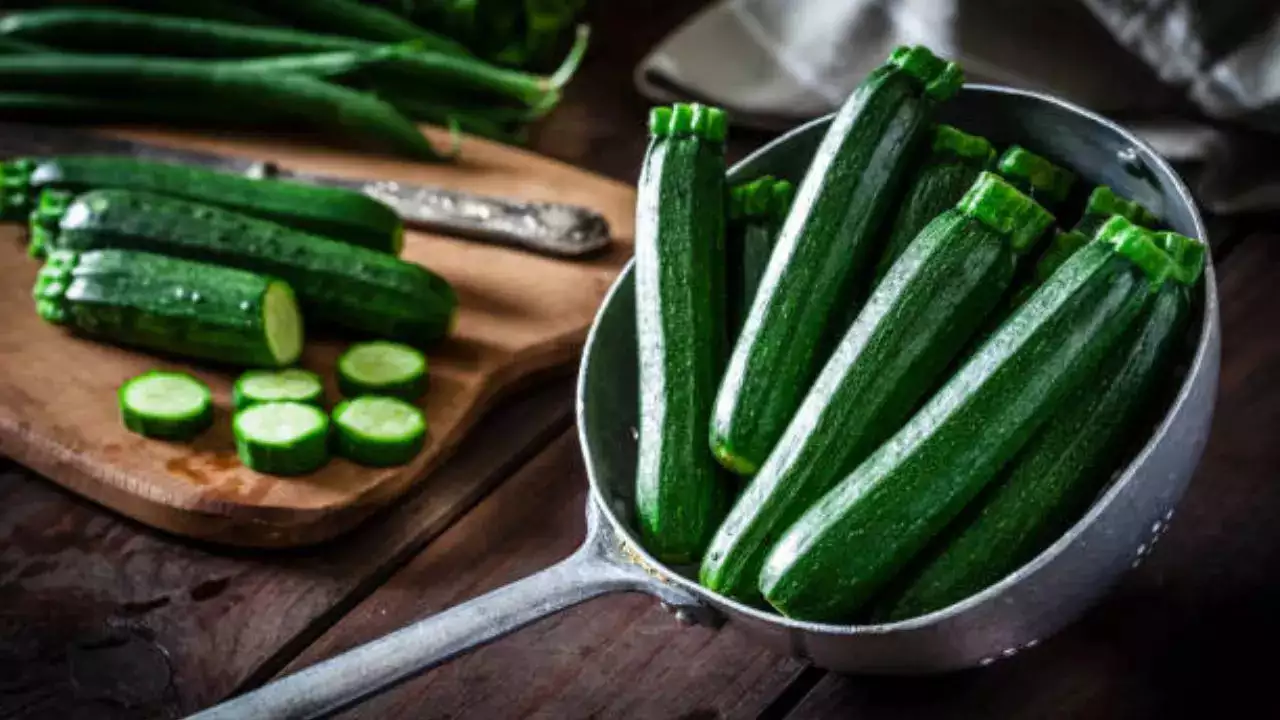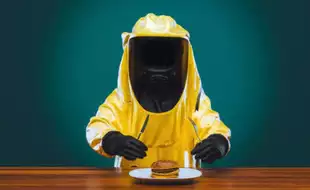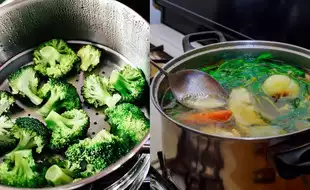Zucchini Poisoning Is for Real; Here's Why It Happens and How to Avoid It
Nov 27, 2024
News

Cucurbitacin poisoning is caused by toxic compounds that can form in zucchini
While it may seem harmless, zucchini—a powerhouse of fibre and potassium and star of many side dishes and baked goods—can be extremely dangerous to eat as well. In a few rare cases, this winter vegetable is also toxic.
In a recent study published in the Polish Archives of Internal Medicine, a case of zucchini poisoning was highlighted such as a case where a 54-year-old relatively healthy woman ended up in the emergency department of a hospital with severe abdominal pain after eating zucchini bread. She also had severe vomiting and bloody, watery diarrhoea and was diagnosed with liver damage.
After investigations, the doctors said she had cucurbitacin poisoning, caused by toxic compounds that can form in zucchini. According to experts, cucurbitacin poisoning occurs when compounds in the vegetable disrupt cellular processes, causing tissue irritation, specifically in the gastrointestinal tract.
What is zucchini poisoning?
Experts warn that a bitter taste is a hallmark of high cucurbitacin concentrations and is often the only immediate indicator.
Zucchini belongs to the cucurbitacin's organic compounds, which cause bitter taste as a protective defence mechanism of the plants. Other plants like cucumbers, squash, and melons also have the same effect. According to doctors, even though these compounds are pharmacologically effective against inflammation, cancer, atherosclerosis, and diabetes, they can be toxic when ingested through food.
Signs and symptoms of zucchini poisoning
Even though cucurbitacin poisoning is not fully understood, experts believe the compounds disrupt the gastric lining, leading to:
- Vomiting
- Diarrhoea
- Bleeding
- Detrimental effects on the vascular system
In the majority of cases, cucurbitacin poisoning leads to mild pain or gastrointestinal upset and does not require medical care. However, severe symptoms are mostly rare and can include nausea, vomiting, cramps, and diarrhoea. In a few cases, it also leads to hypotension or low blood pressure. While there is no antidote for cucurbitacin poisoning, doctors say the treatment focuses on managing symptoms. Most patients with severe symptoms recover within a few days, although abdominal discomfort may linger slightly longer.
In very rare cases, cucurbitacin poisoning can be fatal. While one of the patients in the Netherlands recovered fully, the other died less than 24 hours after eating the poisonous zucchini.
Should you skip eating zucchini?
Doctors say since most of the time serious medical care is only needed in rare cases, you need not give up on eating zucchini altogether but be careful about its taste.
The health benefits of eating zucchini far outweigh the risks. Packed with nutrients like iron, calcium, zinc, and several other B vitamins, zucchini is also loaded with antioxidants that protect your body from free radicals.
It is rich in both soluble and insoluble fibre, promotes healthy digestion, and is great for weight loss. Also, zucchini’s high fibre content helps stabilize blood sugar, preventing levels from spiking after meals and lowering the risk of type 2 diabetes.
Get Latest News Live on Times Now along with Breaking News and Top Headlines from Diet, Health and around the world.



